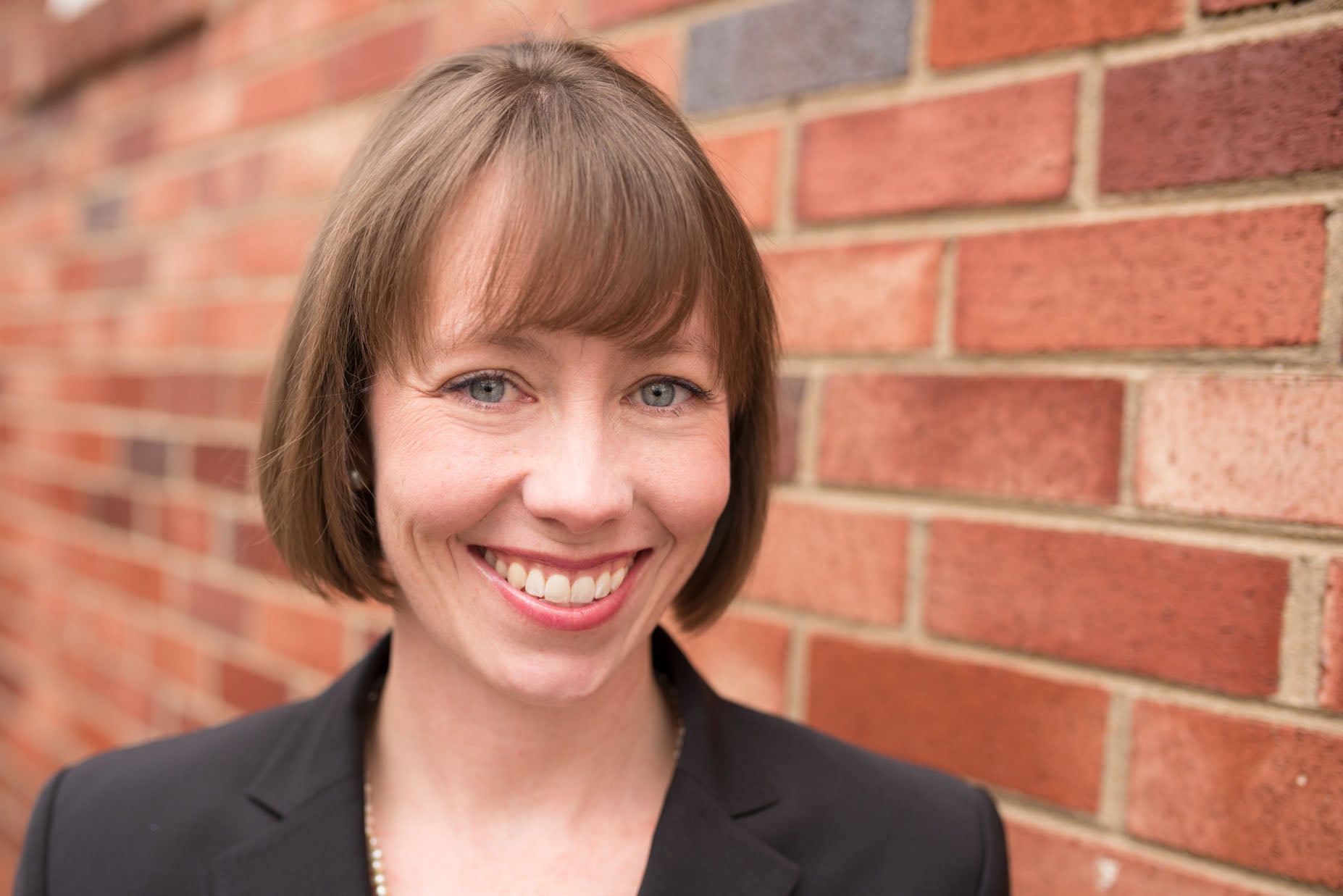It is with great pleasure that MARCO announces the arrival of Kate Killerlain Morrison as our new Executive Director. Kate began her new role on April 6th and joins the MARCO Board and three existing staff members in advancing MARCO’s key regional priorities.
 Prior to joining MARCO, Kate served as the Deputy Executive Secretary for the Sargasso Sea Commission, a Bermuda-based entity that encourages and facilitates voluntary collaboration toward the conservation of the Sargasso Sea. Previously she served as Deputy Executive Director for the Sargasso Sea Alliance, an inter-governmental organization working to establish marine protective measures on the high seas using existing international and regional legal mechanisms.
Prior to joining MARCO, Kate served as the Deputy Executive Secretary for the Sargasso Sea Commission, a Bermuda-based entity that encourages and facilitates voluntary collaboration toward the conservation of the Sargasso Sea. Previously she served as Deputy Executive Director for the Sargasso Sea Alliance, an inter-governmental organization working to establish marine protective measures on the high seas using existing international and regional legal mechanisms.
Additional previous roles include Marine Program Director for the Massachusetts Chapter of The Nature Conservancy, working on shellfish restoration and fisheries issues; Ocean Policy Analyst at Massachusetts Office of Coastal Zone Management, focusing on marine spatial planning; and as a Legislative Assistant in the Washington State Legislature.
Kate is also past President of The Coastal Society, an organization of private sector, academic, and government professionals and students dedicated to actively addressing emerging coastal issues by fostering dialogue, forging partnerships and promoting communications and education.
Kate has a Master’s degree in Marine Affairs from the University of Washington and is a Senior Fellow alum of the New England Regional Network of the Environmental Leadership Program.
We took the opportunity to sit down with Kate and ask her for some insight on the new job, the Mid-Atlantic and ocean resource management more broadly. Here’s what she had to say:
Question: What does the Mid-Atlantic Ocean mean to you?

Kate and son Kemper enjoying time on the ocean.
The Mid-Atlantic Ocean is a fascinating nexus combining diverse ecosystems and varied marine uses. Serving as a transition area between the Northeast and Southeast, the Mid-Atlantic is home to a variety of wide-ranging ecosystems like salt marshes and deep canyons as well as species with key migratory, recreational and commercial roles. It’s a place where we recreate, transport goods, can produce renewable energy and maintain security infrastructure. With all of these habitats and ocean uses combined, the Mid-Atlantic is a microcosm of the global ocean.
Question: What are you most looking forward to doing in your new role?
Working with the team to develop a long-term strategy for MARCO to heighten the regional voice of the Mid-Atlantic states on key coastal issues. I’m especially looking forward to meeting with partners and stakeholders to understand their unique roles and perspectives in the Mid-Atlantic ocean community and working to identify areas of mutual interest.
Question: What are some of your past professional experiences that you feel have really prepared you for this new role?
Launching new initiatives and supporting existing programs through transition and growth is what motivates me. I have spent my career as an environmental professional across a range of experience from state government, US domestic and international non-profit settings. Through work with the Gulf of Maine Council on the Marine Environment and the early days of the Northeast Regional Ocean Council, I learned how to collaborate effectively with colleagues based in different locations, the importance of showcasing local and diverse examples of success, and the need to balance political directives against coastal program goals and priorities. To me, maintaining personal relationships and being a thoughtful listener are just as important as meeting milestones in any given work plan. The relationships are what enable a region to continue to coordinate effectively over the long-term, regardless of political direction or change in a specific set of issues.
Question: You worked for a number of years in a collaborative effort to protect the Sargasso Sea. What might the Mid-Atlantic be able to learn from the Sargasso experience?
- Voluntary collaboration is powerful
- Navigating fragmented governance systems and bureaucratic inertia requires you to take a long-term view
- Robust science is equally important to political will
- Working across local, state and regional scales is essential; match your strategy to the scale working within (not all issues warrant a regional response)
- Public-private partnerships can be very successful if approached thoughtfully
Question: What do you see as one of the big challenges of the new job?
The biggest challenge is two-fold. While each of the five MARCO states have shared coastal and ocean interests in common, differences will always remain in each state’s individual history of coastal management, changing political climate and local stakeholder visions for the Mid-Atlantic Ocean. At the same time, there are a wide variety of ways in which the region could move forward in each of the four MARCO issue areas. Harnessing the similarities between five states to advance the region as a whole, while staying focused on a targeted set of specific activities will be the biggest combined challenge.

The charismatic and far-roaming loggerhead sea turtle Caretta caretta is Kate’s favorite Mid-Atlantic critter. Photo: Mito Paz/Marine Photobank
Question: What is your favorite Mid-Atlantic marine critter?
The loggerhead sea turtle. Inherent risk-takers, their challenging habitat includes both the coastal and the ocean environment. Loggerheads also represent one of many ways in which the Mid-Atlantic connects with other places in the world despite human-made jurisdictional boundaries.



